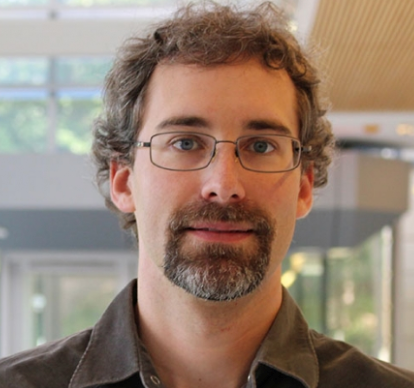Clarios creates the most advanced battery technologies for virtually every type of vehicle. Students on the Clarios team will develop a tool to collect and communicate the battery state of health to a mobile device to detect potential battery failure and avoid stranding a customer with a dead battery.
Abstract:
Clarios creates the most advanced battery technologies for virtually every type of vehicle. They are a global leader in energy storage solutions, powering one in three of the world’s vehicles. An increasing number of critical vehicle systems utilize the 12V battery to ensure reliable operation. Factors like temperature, voltage, and current have a big impact on the life of the battery and are currently not readily known by the vehicle operator; an unexpected failure can create a negative experience for the customer. Students on the Clarios team will develop a tool to collect and communicate the battery state of health to a mobile device. This data will be used to detect potential battery failure and avoid stranding a customer with a dead battery.
Impact:
A system that reliably communicates the state of health of a vehicle’s battery allows consumers to anticipate when their battery is near the end of its life, potentially avoiding being stranded on the side of the road. Such a system creates high customer satisfaction for battery consumers and increased market value for Clarios.
See complete details
Battery Technology (1-2 Students)
Specific Skills: Battery Technology, Instrumentation
Completion of MECHENG 565 – Battery Systems and Control would be a big plus.
Likely Majors: CE, EE, ChE, ISD-Systems, ME
Sensor Tool Development (2-3 Students)
Specific Skills: Development of Instrumentation/Data Acquisition and storage. Wireless Communication.
Likely Majors: CS, EE, CE
Mechanical Design (1-2 Students)
Specific Skills: Mechanical Design. Vibration and thermal analysis. Excellent hands on Design / Build skills. Basic electronics and sensor integration.
Interest/experience with EE. Completion of EECS 314 Electrical Circuits
Likely Majors: ME
Sponsor Mentor

Jason Fuhr
Director of Global Mechanical Engineering and responsible for the Engineering early career development program at Clarios. I have over 22 years of experience in the mechanical design of sensors and energy storage systems, with experience in both li-ion and lead-acid batteries.
Faculty Mentor

Jason Siegel
Jason Siegel is an Associate Research Scientist in the Department of Mechanical Engineering. His research focuses on physics based modeling and control of energy storage and conversion systems including lithium-ion batteries and Proton Exchange Membrane fuel cells. Dr. Siegel was part of the team that received the 2016 IEEE CONTROL SYSTEMS TECHNOLOGY AWARD: “For the development of an advanced battery management system accounting for electrothermo-mechanical phenomena.” He has co/authored more than 30 journal articles with an H-index of 16, and a chapter in the control systems handbook on the application of model predictive control to fuel cells. Dr. Siegel serves as the chair of the IEEE Technical Committee on Automotive Control.
Course Substitutions: Honors, ChE Elective, CS MDE/Capstone, CE MDE, EE MDE, IOE Grad Cognate, ISD AUTO 503, ISD GAME, ISD ESEG 503, ISD MFG 503, ISD Systems 503, MECHENG 490, MECHENG 590, SI Elective, SI Grad Cognate
Citizenship Requirements: This project is open to all students
IP/NDA: Students will sign standard University of Michigan IP/NDA documents.
In Person/Remote Participation Options: Work will take place on campus in Ann Arbor.
On-Campus Participation Requirements
- Students on this team must be able to be physically present on campus in Ann Arbor to work on physical prototypes as local safety protocols allow.
Internship/Summer Opportunity: Students will be guaranteed an interview for a 2022 internship. The interviews will take place Jan/Feb 2022
